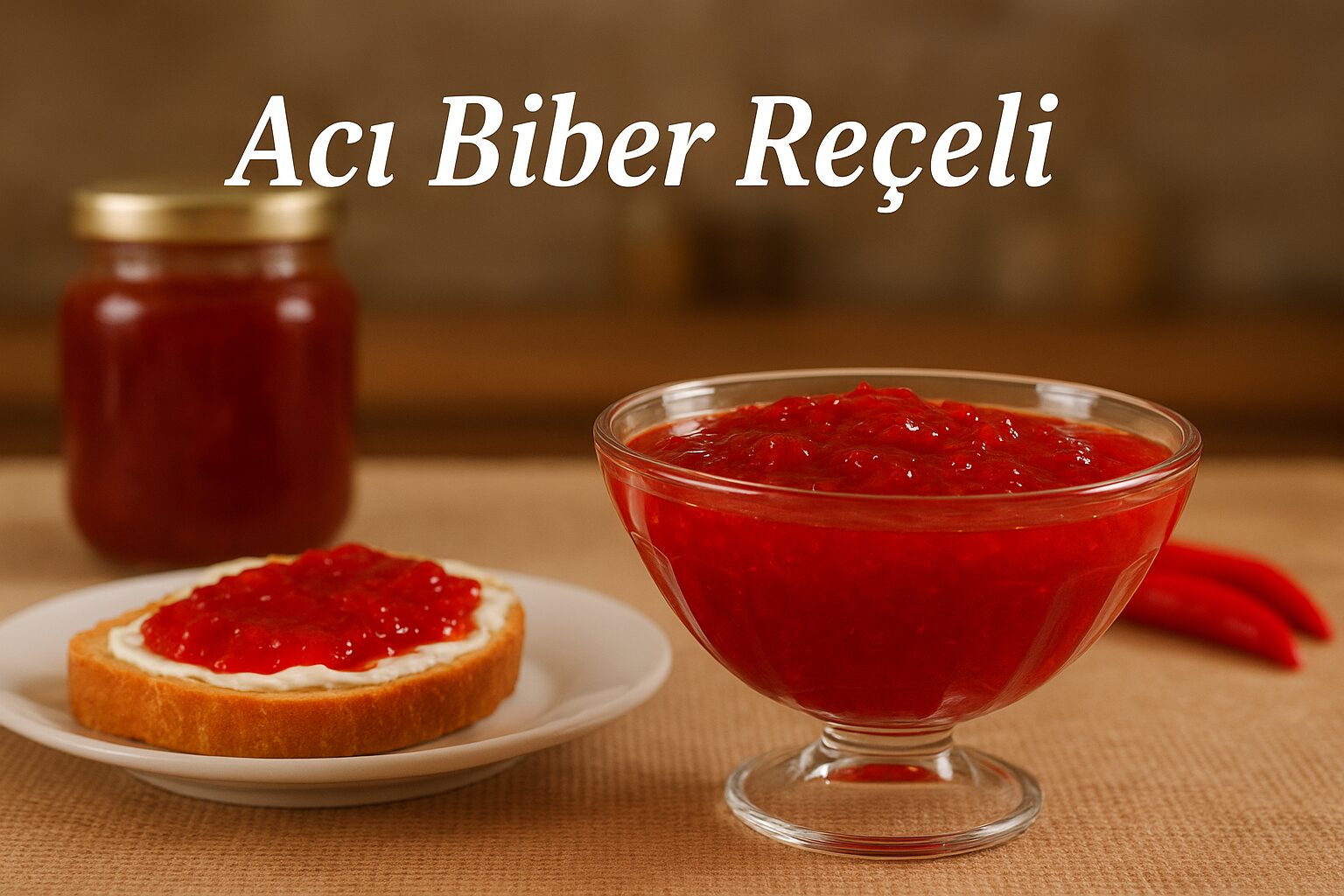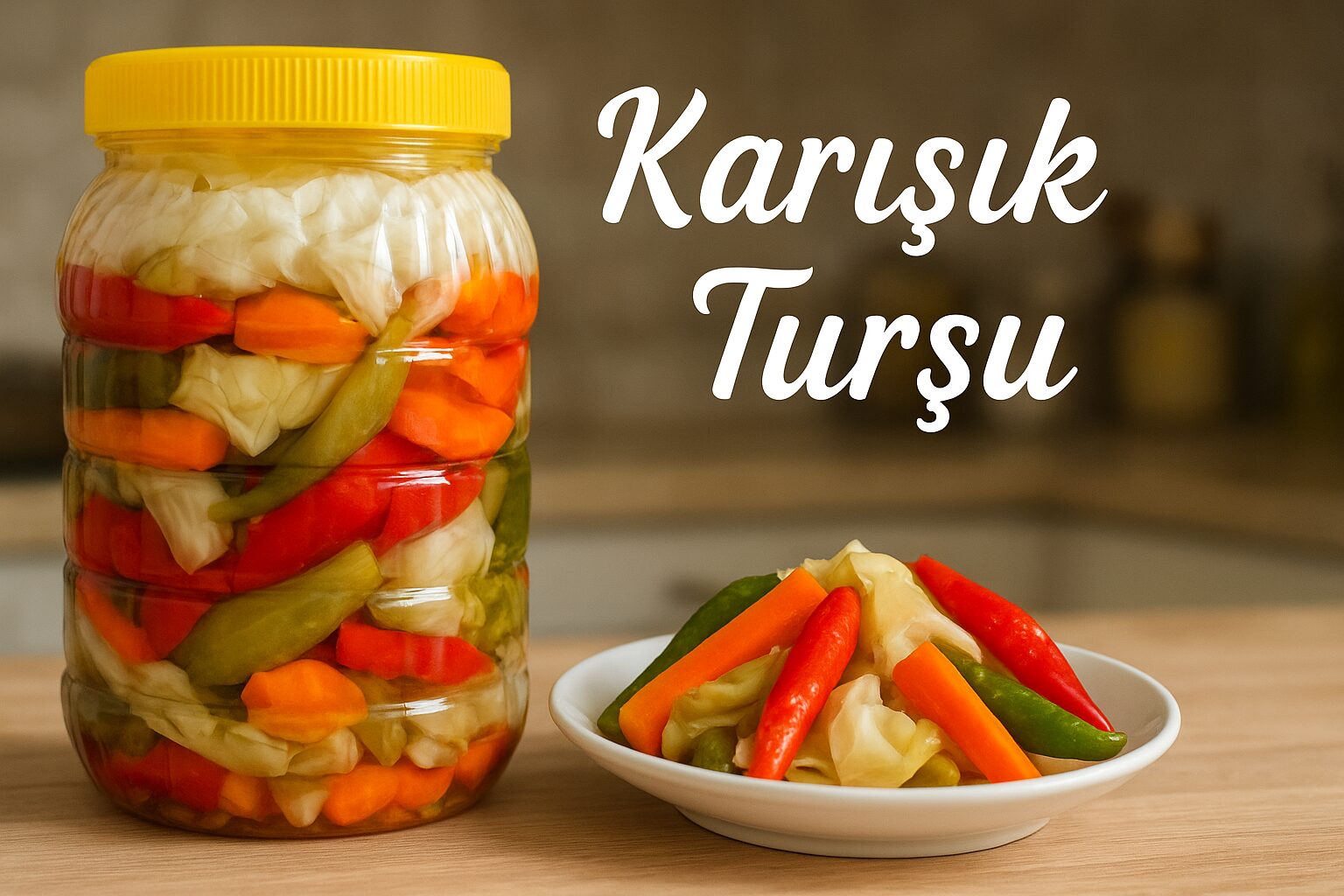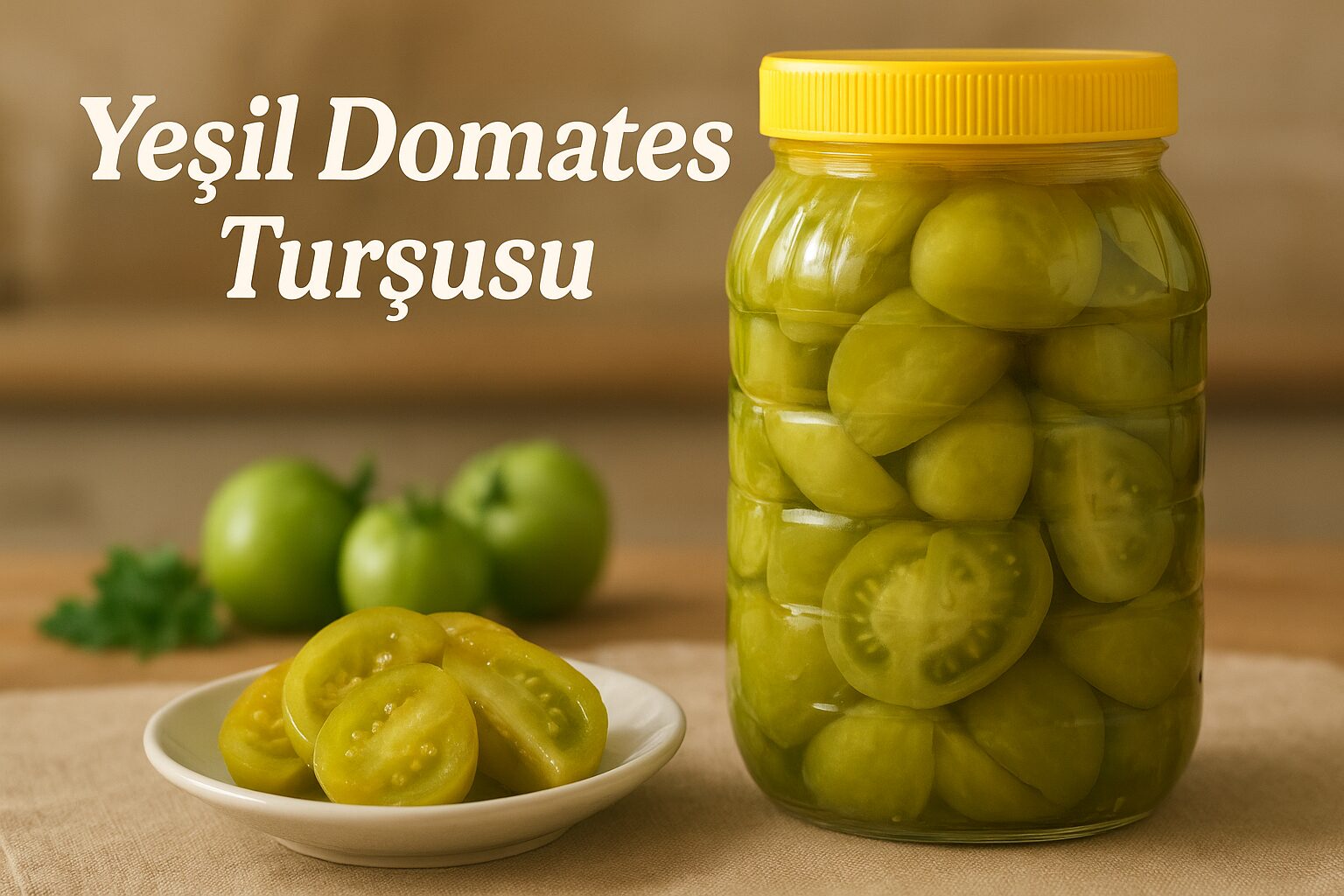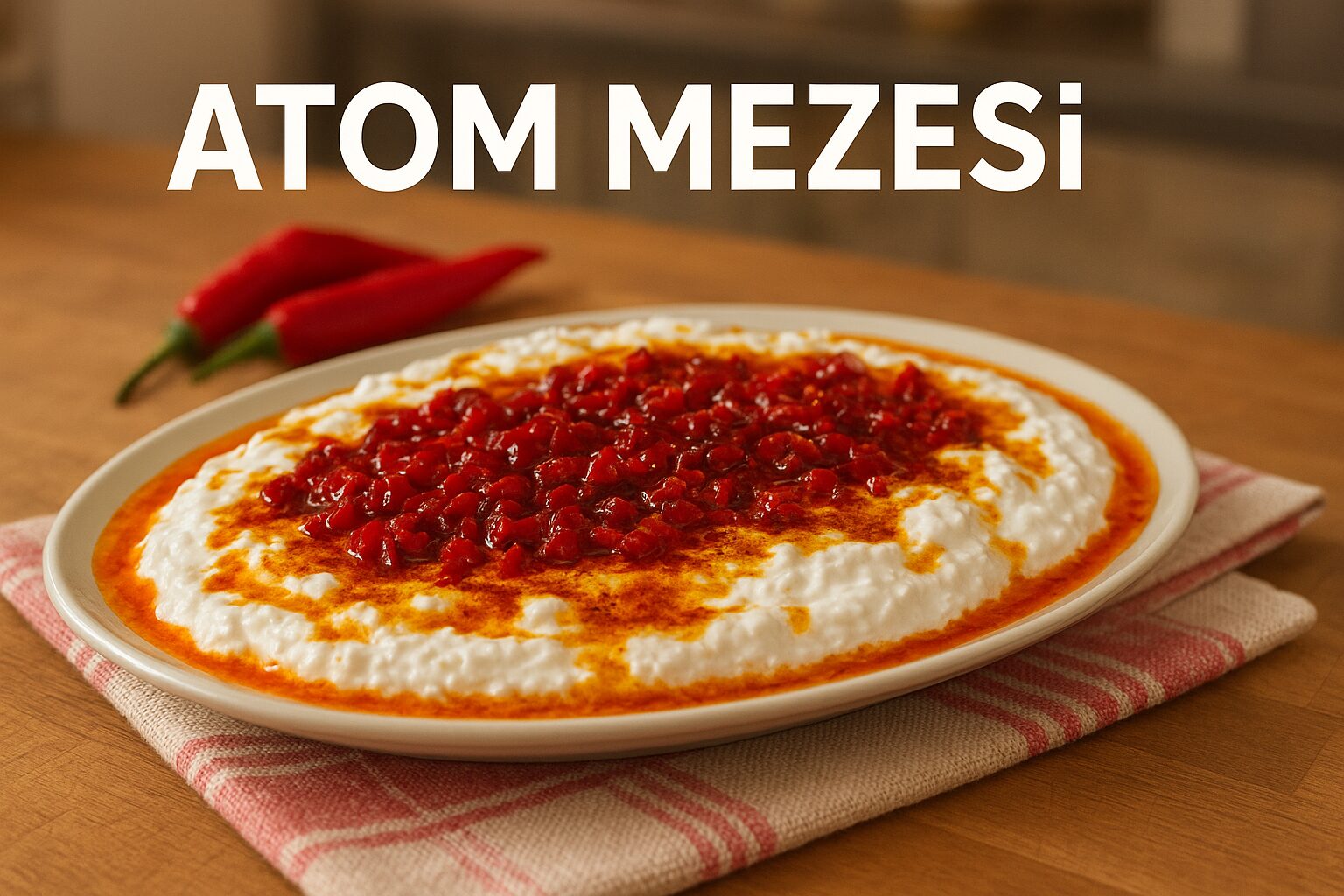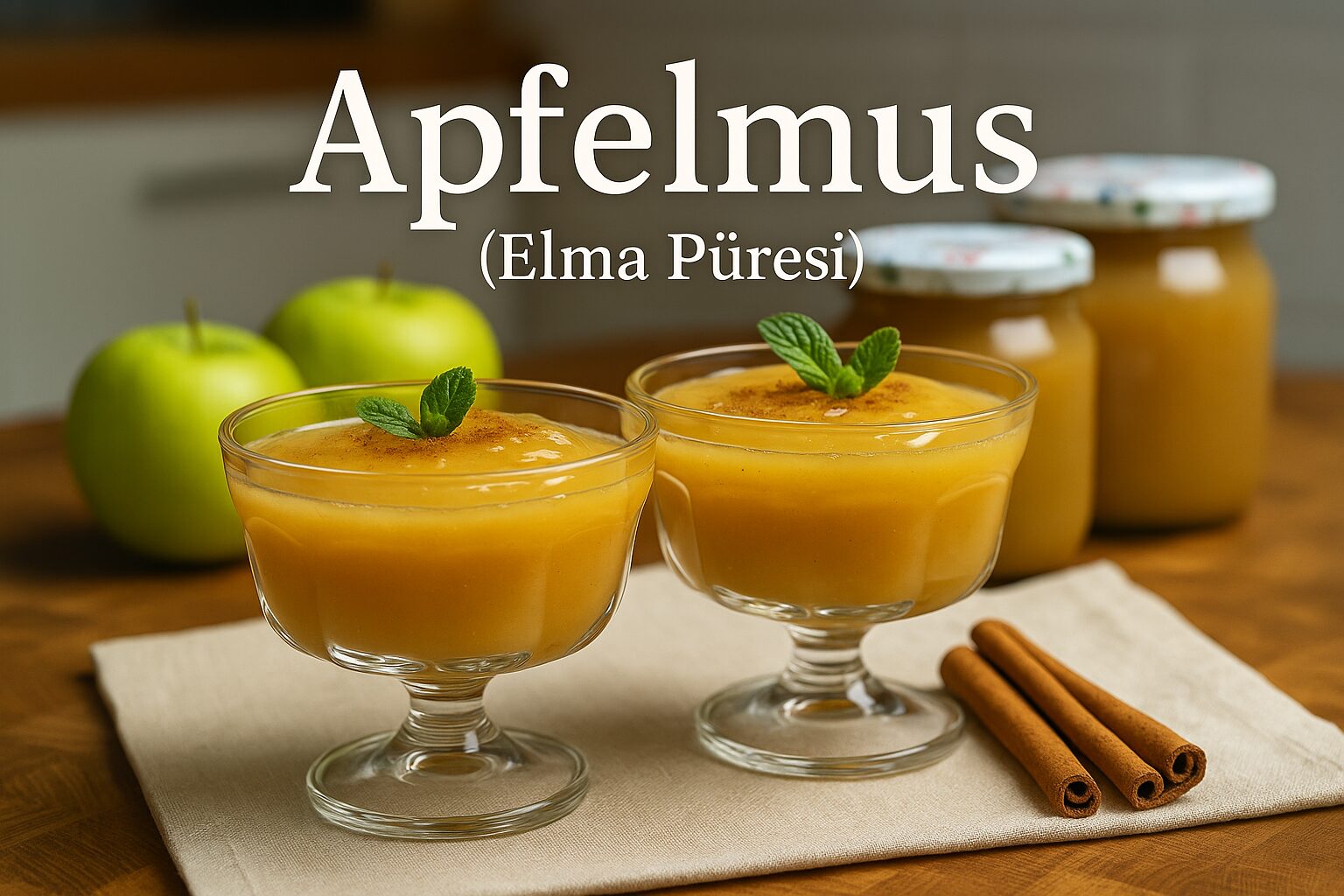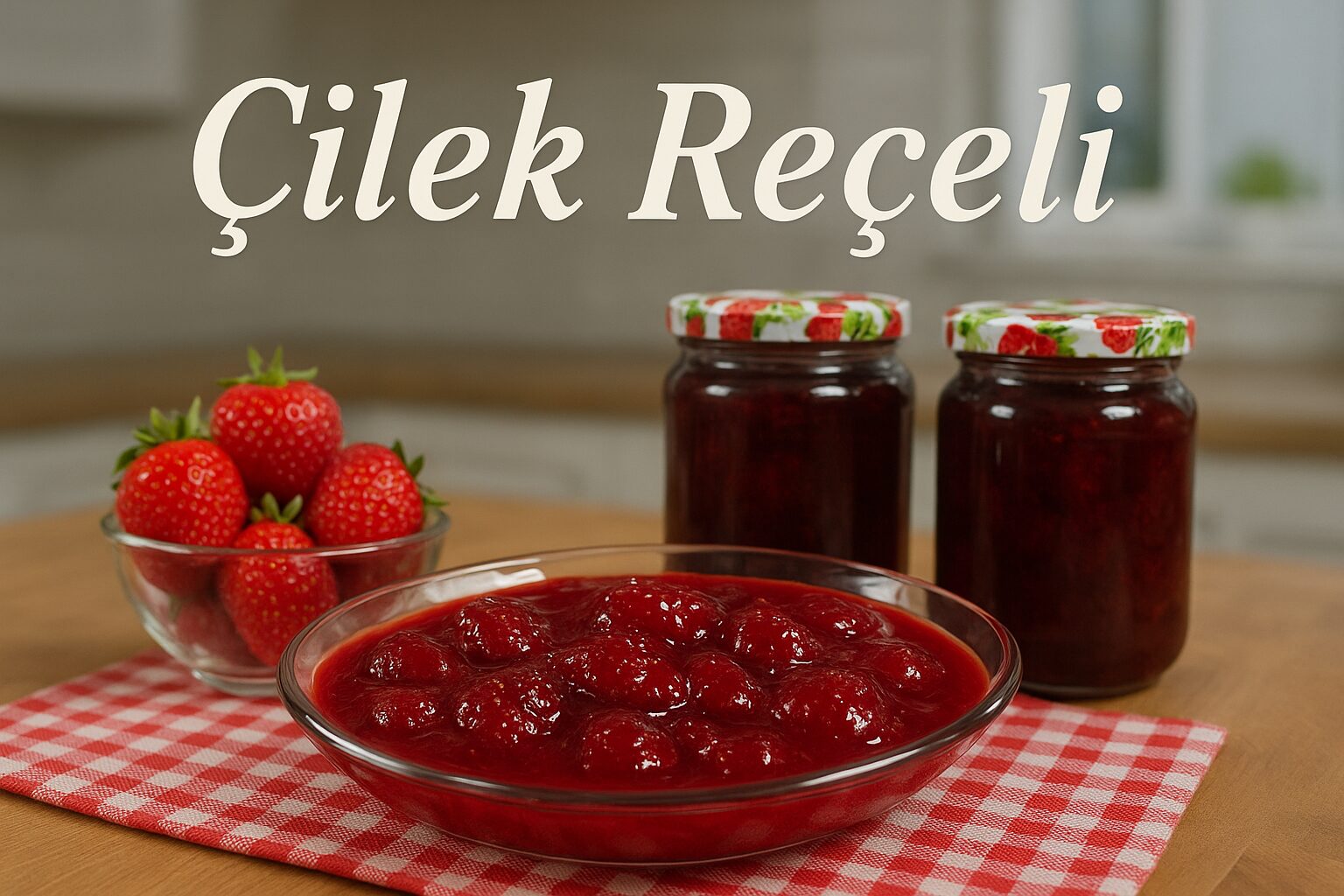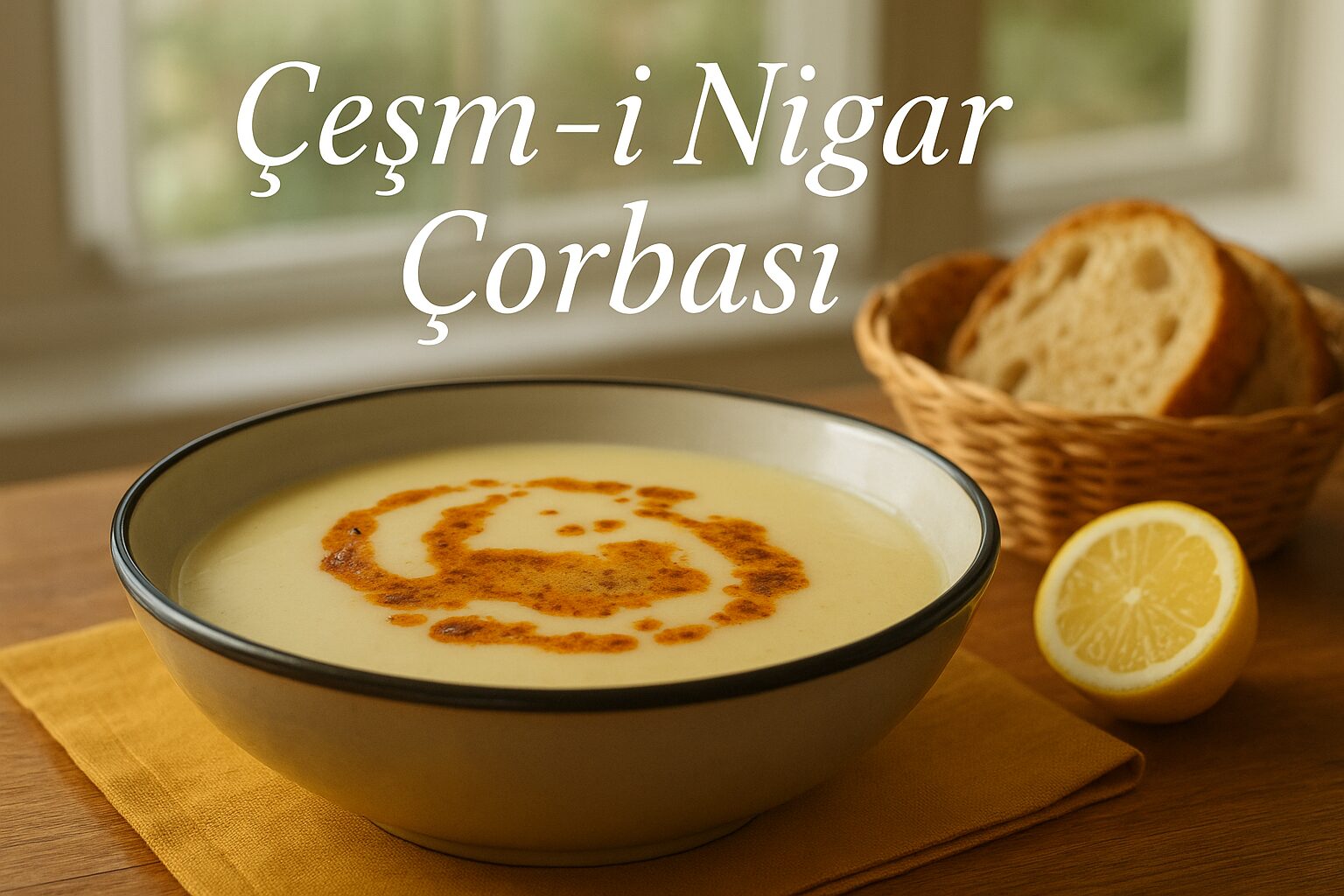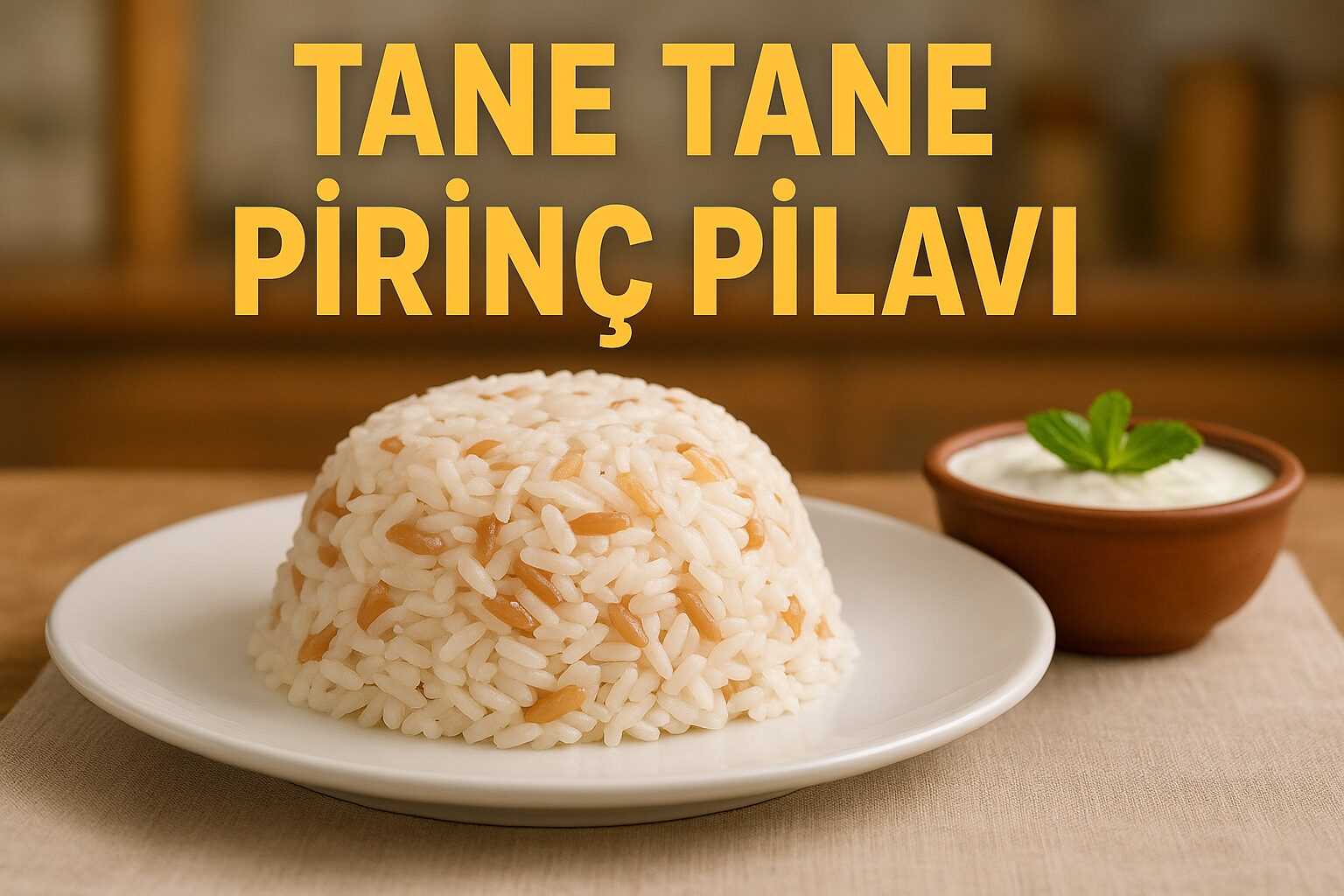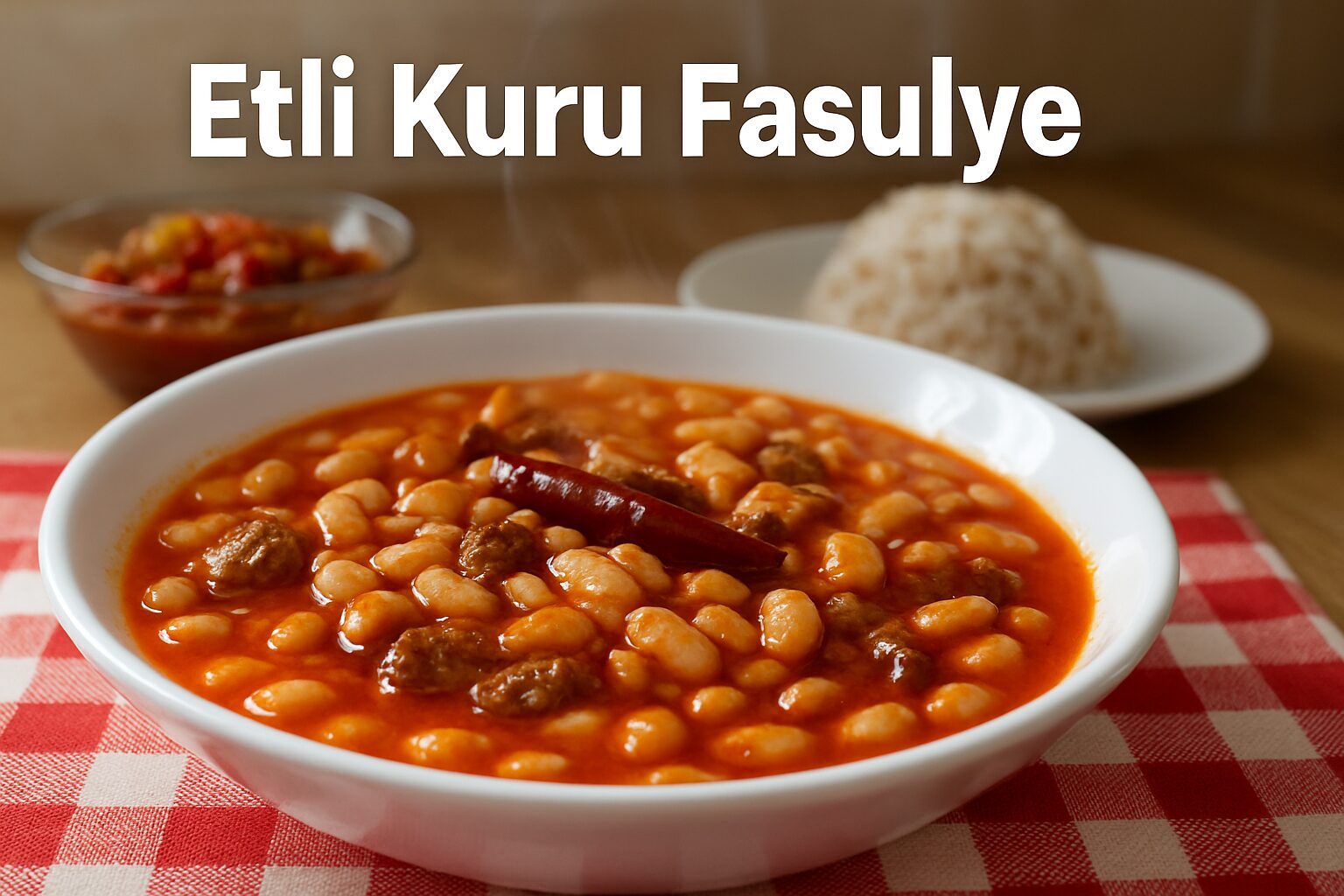How to make donuts?

Introduction
Donut is one of the most popular desserts that comes to mind when it comes to snacks with coffee, and the fact that it can be prepared at home makes it even more attractive. In this text, you will find a holistic frame of the dough structure, frying and oven alternatives, glaze (secret) applied on it, and coatings that form Donut's character. Although the word donut is often associated with the “ring donut”, in modern kitchens, chocolate, cinnamon-sugar and creamy-stuffed varieties are also loved as much as the classic rings. The homemade approach offers a fresh and controlled flavor profile, while also allowing you to personalize the presentation with decorative decorations.
The purpose of preparing the home environment is to obtain a delicately fried (or slightly colored) texture on the inside. This cotton slur is captured by the correct kneading and resting of the dough, while the cooking method gives the final touch. The dessert in question can be served in a wide context, from breakfast to afternoon coffee, from celebrations to school events. It is also very suitable for lateral desserts and drinks, for example, it creates a harmonic experience with a cup of filter coffee or latte. This guide will proceed with systematic explanations and service ideas, not with lists of materials and phrases such as “that trick is a must”. Thus, you have a clear roadmap when planning the home-made process.
History & Background
Donut's roots go back to the 19th-century United States of America and to the traditions of fried dough in Europe. Over time, the “doughnut” spelling has become widespread; in practical use, the abbreviation “donut” has become popular. The ring form with a hole in the middle was adopted as it increases the cooking equality and has turned into an iconography in a short time. The chaining of donut stores and the rise of coffee culture made the product an indispensable part of daily life in the second half of the 20th century.
Today, it is not limited to the USA; it appears with localized interpretations around the world. While some kitchens offer a festive face with chocolate and colorful candies, some turn to cinnamon-sugar mixture. In the filling versions, cream, jam or ganache is preferred; non-ringed forms are also considered within the same family. Donut's cultural adventure continues in a wide range from breakfast to dessert buffets, from street delicacies to gourmet cafes. For more general information, see the description on Wikipedia: Wikipedia.
Serving Suggestions & Variations
It can shine with different accompaniments served. While offering a light and stylish start in the morning hours with plain glaze, chocolate coating with afternoon coffee provides a more intense dessert experience. cinnamon -Sugar coating is a nostalgic palate that stands out especially in fresh and warm donuts. In the stuffing alternatives, options such as vanilla cream, raspberry sauce or salted caramel ganache can be considered. Colorful decorations and sprinklers make a visual and appetizing addition to both children's parties.
If you want to compare with similar pastry desserts, you have a mostly stuffed sibling prepared by frying in German cuisine. German Jelly-Filled Donut (Berliner Recipe)’You can also look at: German Jelly-Filled Donut (Berliner Recipe). If you are looking for accompaniment to coffee with a softer, cinnamon flavored dough, the following post may inspire for the classic dessert in roll form: Cinnamon Rolls. These links offer ideas to expand your experience and create a variety of presentations.
Health & Balance
Donut is a pleasure-oriented dessert; portion control and consumption frequency should be part of a balanced diet. Since the frying method can increase oil attraction, the oven cooking alternative can be considered for a lighter profile. Also, turning to less sugary options in coatings reduces the total sugar load. Lighter dairy-based creams instead of full-fat limit calories relatively, but it will be the most realistic approach to see Donut as a “special day” accompaniment. Variations that are suitable for gluten-free or dairy-free lifestyles are possible, but such adaptations can affect the dough structure and the resulting texture. Ultimately, the goal is to create a balanced consumption habit without sacrificing taste.
Closing
It takes a completely different level with the freshness of homemade. You can create very different atmospheres from a single basic product by diversifying glaze and coatings according to the context you will serve. Whether plain and classic, or covered in chocolate-ganned or cinnamon-sugar; donut offers a flexible stage. Now you can experience this warm and inviting dessert in your own kitchen and prepare a small patisserie surprise for your guests. Enjoy your experience, don't forget to share your experiences!
FAQ (FAQ)
Can it be made in the oven?
Yes, the oven donut offers a lighter alternative; the texture is a little different and more bready than the frying.
What can I use instead of Glaze?
Powdered sugar can be opened with a little milk or lemon juice, and a light glaze can be obtained, while the chocolate ganache offers a denser coating.
What is the difference between stuffed donuts and ring donuts?
Ring donuts provide evenly cooking and classic appearance, while filling varieties, a more supple bite is obtained due to the inner filling.
What is served with it?
Filter coffee, latte or flavored teas are the most preferred companions; vanilla milk drinks are also compatible.
How do I evaluate the increased donut?
The next day, you can heat it slightly and dip it in a mixture of cinnamon-sugar, or cut it in half for tiny sandwiches and serve it with ice cream.
Dough Ingredient
- 100 g butter
- 1 cup of warm milk
- 3 tablespoons of sugar
- 1 egg
- 1 pack of yeast
- 3 cups flour
- 1 pinch of salt
Ingredients for the top
- Milk and dark chocolate
- white chocolate
- cake decoration
- food coloring
Preparation time ⏱️
- Preparation time: 60 min.
- Cooking time: 15 min.
- Portion: 25 pcs
Recipe
- Take the milk, sugar and yeast in a mixing bowl and mix.
- Add the egg, butter and salt.
- Knead the flour slowly by adding it.
- Cover the dough and let it ferment.
- Take the fermented dough on the counter and roll it out with a rolling pin to 1 cm thick.
- Shape by cutting with donut mold. If you do not have a mold, you can cut it with a glass of water and cut the middle with a bottle cap.
- Arrange the dough you have shaped on the square cut baking papers and cover them. Let it ferment for 20 minutes.
- Throw the donuts into the hot oil and fry both sides.
- Place the fried donuts on a tray and wait for them to cool.
- Melt the chocolates in a bain-marie (in separate containers with milk and white chocolate)
- Dip the donuts in chocolate and sprinkle them with cake decorations.
- If you want, you can add food coloring to white chocolate and make colorful donuts.
